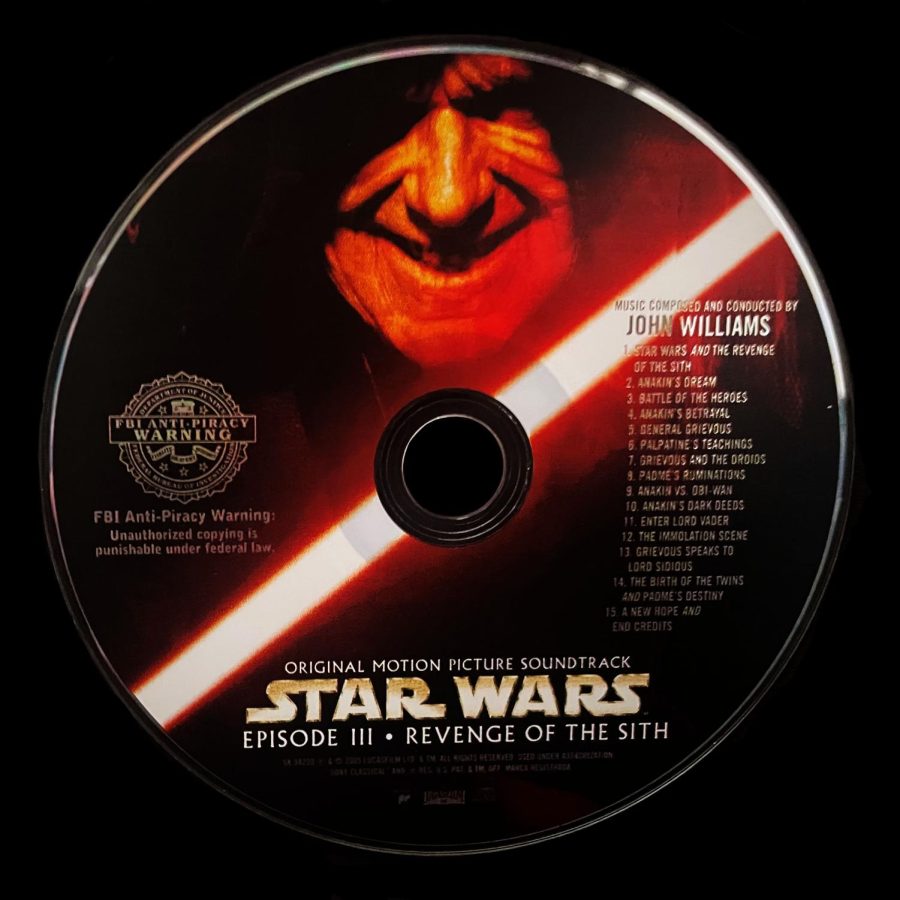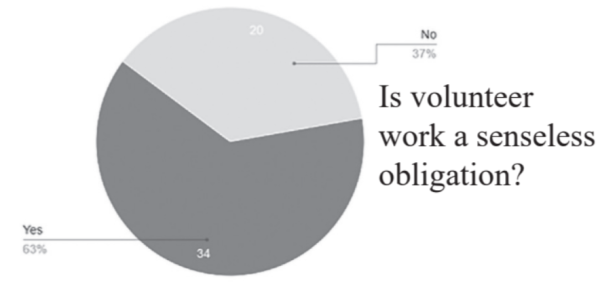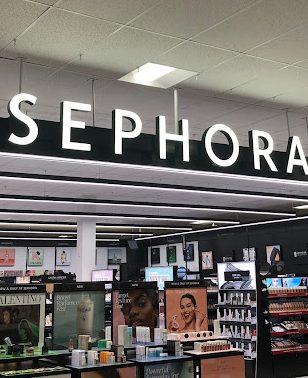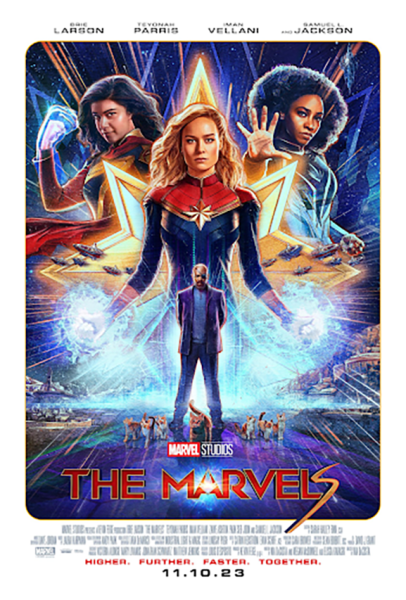How media companies cause piracy
Photo courtesy of Robbie Kugler
FBI anti-piracy warnings, often printed on CDs and DVD cases, are meant to dissuade piracy by explicitly threatening legal punishment in the form of fines and imprisonment. However, given that punishments are almost always levied against large distributors of pirated content, and not against individuals who pirate, these warning are little more than empty threats.
The basic idea of copyright, protecting people from their original works being stolen or reappropriated, has existed in modern society for hundreds of years. In fact, it’s written into the American Constitution. But the modern implementation of copyright law is a complete rebuke of the intent of the protections.
Copyright law as it’s been implemented since the film industry boom in the 1950s hasn’t been used to protect the original creator of work, but instead as a tool to reinforce a monetary barrier to art. Copyright serves as a way for vulture-like media companies, such as record labels and movie studios, to crack down on anything that hurts their profit margins. Piracy protections exist not as a way to protect the creators of the work, but as a way to protect the profits that the company can make off the work.
The struggles that movie theaters underwent due to the pandemic, coupled with the rising popularity of streaming services, has made the film landscape a breeding ground for piracy. Theaters made the bulk of their profits in the later half of a movie’s showtimes, as studios take a smaller cut of the ticket sales the longer a movie runs at a theater. The rise of streaming services and more specifically the trend of releasing blockbuster hits on streaming services soon after they release in theaters cuts into theater profits, causing ticket prices to skyrocket.
Movie studios have left the public with two options, to go see a movie in theaters for a stiff price, or stay at home and pay monthly subscription to the growing number of streaming services that have control of these movies after their short theater-exclusive run.
Streaming services in their own right are not a perfect substitute, both HBOMax and Netflix have recently had major content purges because their business practices are unsustainable and lead to massive cost-cutting. Paying for HBOMax to watch a specific piece of content they offer just for it to be canceled without warning later down the line is not appealing. Not to mention the effects that bombastically green-lighting and then cutting projects has on the artists making them. Neither option adequately fills the demand, so people will then turn to piracy.
123Movies, FlickHQ, and other online piracy websites only exist as a consequence of the greed that movie studios have subjected the average consumer to. This profiteering benefits no one except for the executives of these studios and the use of copyright law in the USA to perpetuate this cycle is a complete disservice to the intent of the protections.
Rob Glaser, the founder of RealNetwork, an open source video downloader summarized the point nicely, “all the illegal activity ends when prohibition ends. When there’s a legal way for people to get what they want, the bootlegging will recede.”
The barriers that the greed of the entertainment industry has created is what drives piracy, and that fact makes it extremely difficult to logically condemn. Media companies only have themselves to blame.











